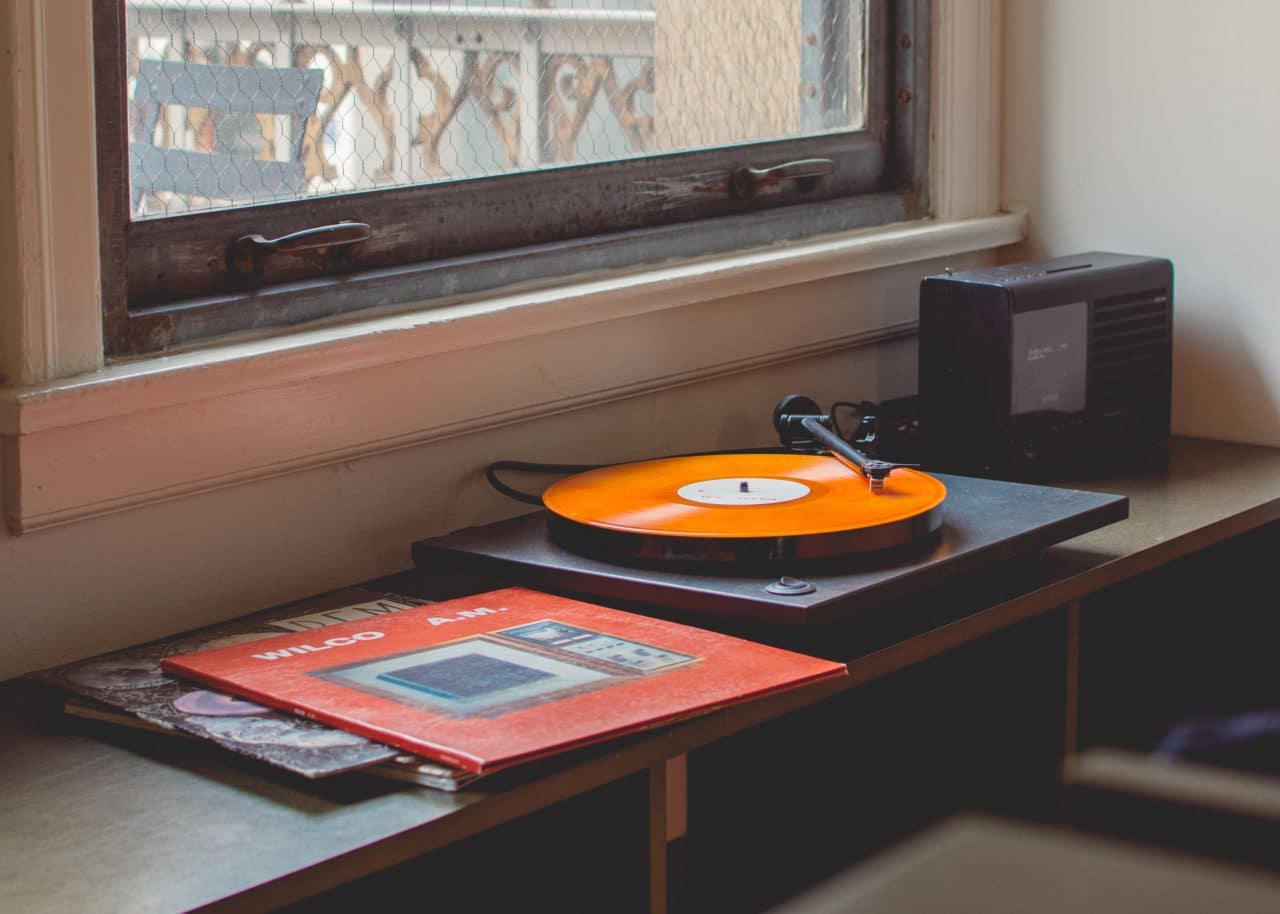Music has been an important part of human society for tens of thousands of years, and for good reason: music has been shown to improve many aspects of our wellbeing. For people with hearing loss, it can be tough to enjoy music. Fortunately, hearing aids can help.
How Music Improves Wellbeing

Below are some of the ways music is beneficial.
Music Strengthens Social Bonds
Music impacts our ability to connect with others because it involves areas of the brain associated with trust, cooperation and empathy. When you listen to music with others, it can make you feel more connected.
Music Boosts Mood
Listening to music also releases oxytocin, a neuropeptide in the brain that boosts feelings of bonding and trust between people, as well as dopamine, the feel-good hormone associated with learning and memory.
Music Improves Memory & Cognition
In addition to helping produce dopamine, studies on hospital patients in recovery have shown that patients who listened to music daily exhibited greater improvement in verbal memory and focused attention compared to patients who didn’t.
Music can also help improve performance on cognitive tasks; specifically upbeat music can help you perform more quickly.
Music Can Help You Exercise Harder
Listening to music during a workout has been shown to help improve your performance and increase your stamina. Have you noticed that when working out at Big Tex Gym where music is playing you’re more focused on the music than the exercise itself?
Music Improves Immune Function
A study from Wilkes University found that students who listened to soothing music had higher levels of a certain antibody in their immune systems, improving immune function.
Hearing Aids Can Help You Enjoy Music Once Again
If you have untreated hearing loss, you may have had trouble enjoying music for years.
It may also be the case that you’ve tried hearing aids in the past and been disappointed to find out they didn’t provide adequate amplification or a quality music listening experience. Hearing aids of the past were more limited and designed to amplify primarily speech sounds, which have a much smaller frequency and volume range than music does. Today’s hearing aids are different.
The hearing devices of today come with Bluetooth connectivity so that they act like wireless earbuds you can listen to music through. If you’re more into live music, know that there are hearing aids on the market today with special programs for concerts. For more information about these special hearing aid programs or Bluetooth connectivity, talk to the hearing aid experts at Austin Auditory Specialists today.